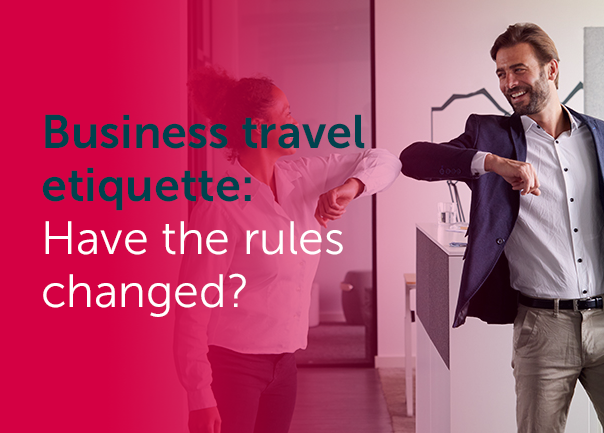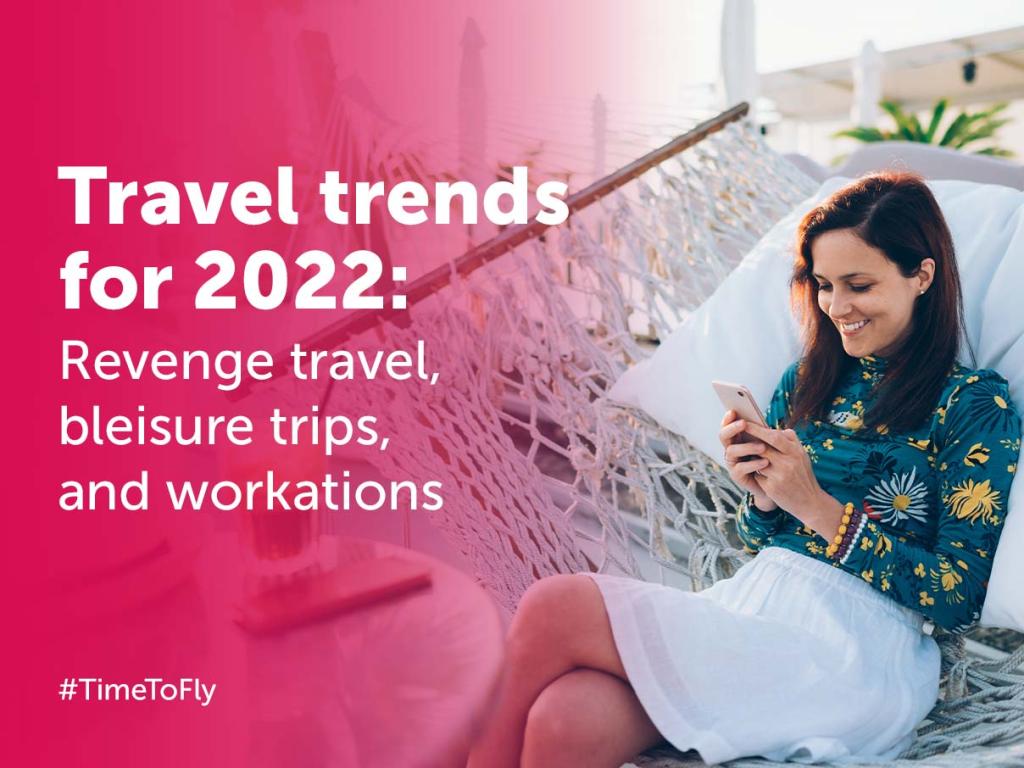
Initially slow out of the blocks, business travel recovery is steadily picking up speed. In fact, international business travel spend is expected to rise by more than a quarter this year. That is according to a new World Travel & Tourism Council (WTTC) report, Adapting to Endemic Covid-19: The Outlook for Business Travel.
Even though the Middle East is taking the lead, with business travel spending increases of no less than 49%, Africa is not lagging far behind. Business travel spending in Africa is set to rise by 36% this year, slightly stronger than leisure spending at 35%, followed by a 23% rise next year.
But after months of uncertainty, and a potential fourth wave looming, are South African organisations really ready to get back on the road? For Corporate Traveller GM Oz Desai, it’s a resounding yes – if they’ve taken a little time to ensure there are no gaps in their post-pandemic travel policies or risk management strategies.
“Unlike leisure travel, companies need to meet certain duty of care obligations,” says Desai. “Corporate Traveller has developed a simple online COVID Travel Risk Assessment tool, which companies can use to assess their risk and readiness when it comes to business travel. The tool is freely available to all, and it’ll give you a better understanding of what you need to think about to ensure your team can move forward with confidence.”
Today, a company’s travel policy needs to take into account vaccinations (for example, do your travellers have to be fully vaccinated before travelling for business); health & safety measures put in place by travel partners (i.e., do your preferred suppliers meet all your health & safety goals?); infection levels around the world (is there a minimum or maximum number of cases in a destination that would influence your decision to travel?); and even an individual traveller’s willingness and confidence to travel.
“Many companies have used this travel ‘down time’ to reassess their travel policies,” says Desai. “Communicating a clear post-pandemic travel policy to all potential travellers is the very first step in a successful return to travel. From the hotels a traveller can stay in, to responsible behaviour on the road, and the measures in place to bring travellers home, nothing can be left to chance.”
According to the WTTC, some sectors have fared better than others in terms of business travel recovery with early rebounders including manufacturing, pharmaceuticals, and construction companies – while service-orientated and knowledge industries including healthcare, education, and professional services are likely to experience longer-term disruption.
Desai agrees, saying that smaller SMEs are also driving business travel’s recovery:
“We know that while some industries, for example mining and construction, have had to get back to travel very quickly, especially when it comes to roster cycles, others have been hamstrung by complicated travel policies,” says Desai. “On the other hand, SMEs are a lot more agile. And they’re travelling because they can’t afford not to. There is no financial buffer or rainy-day fund. They need to get back to normal. A business’s competitive edge is often reliant on building relationships with suppliers or partners through more face-to-face meetings, negotiating deals, and exploring opportunities – all of which is very difficult over Zoom.”
As business travel begins its recovery in earnest, TMCs are continuing to prove their worth when it comes to traveller readiness and travel risk. Says Desai:
“Today, trust, communication and the flow of timely, accurate information between TMCs, travel managers and travellers is more important than ever before. TMCs can address and ease traveller insecurity; manage all the logistics of post-COVID travel; and understand (and detail) health and safety protocols at every point of the journey. If you’ve got the right partner by your side, a return to travel should be safe, easy and straightforward.”

